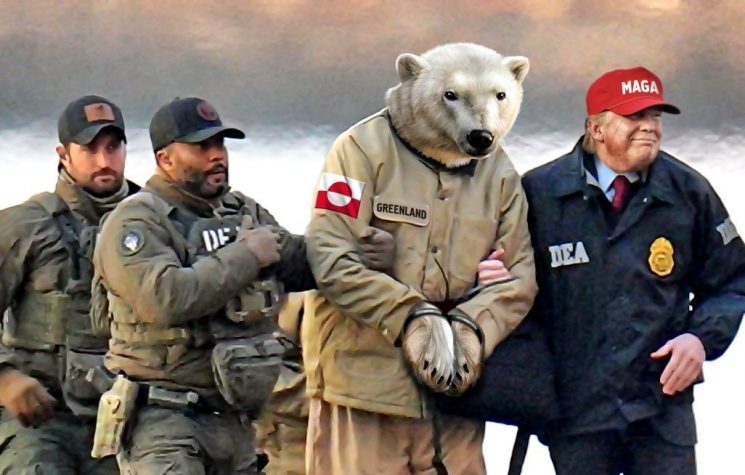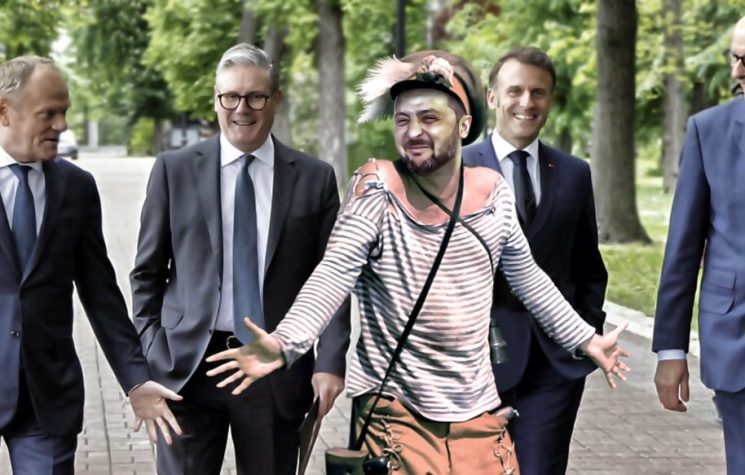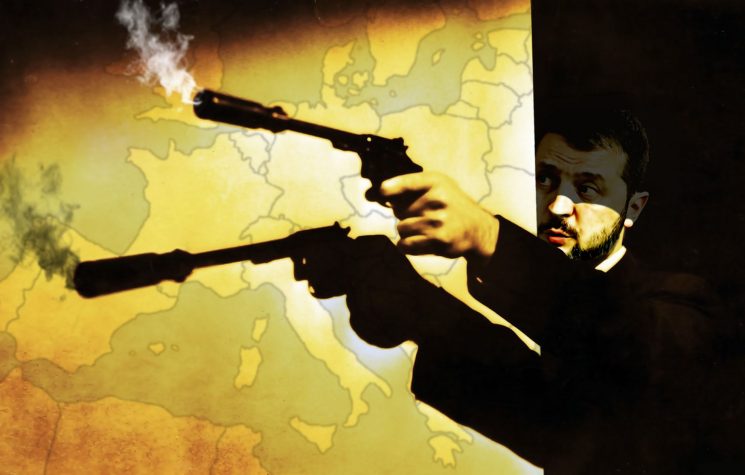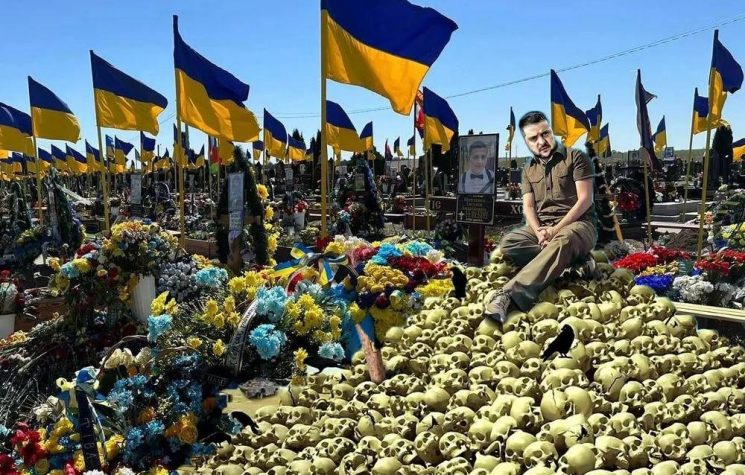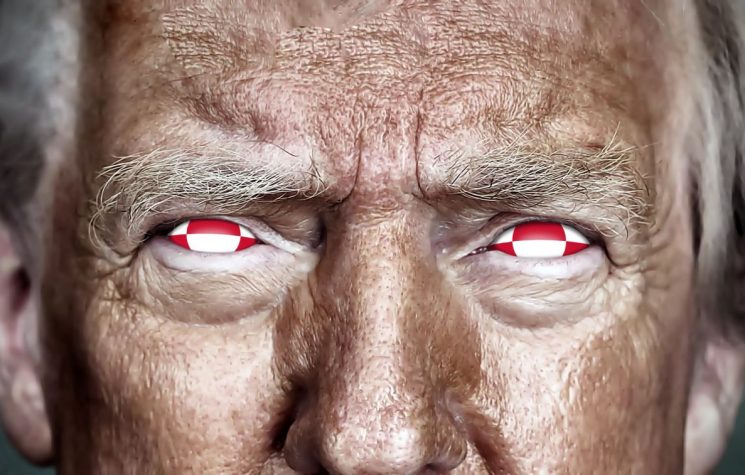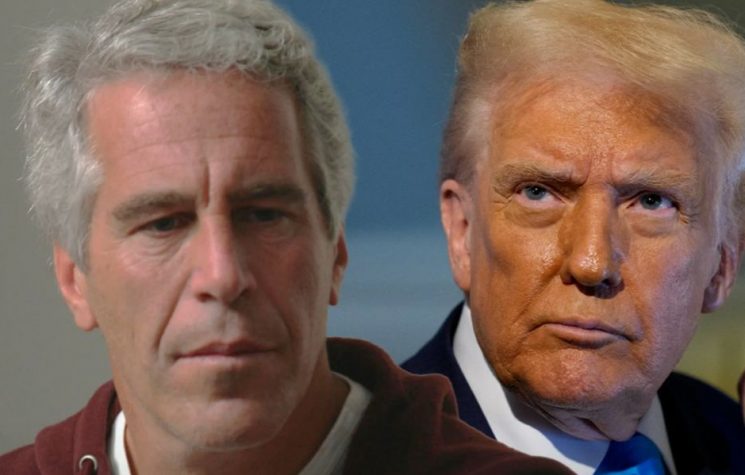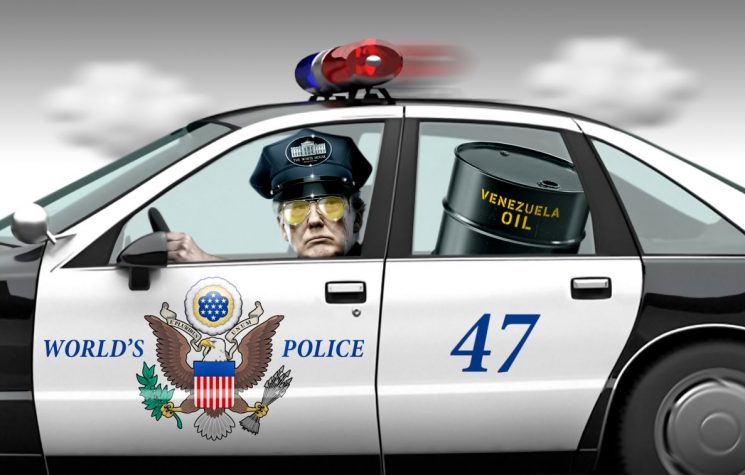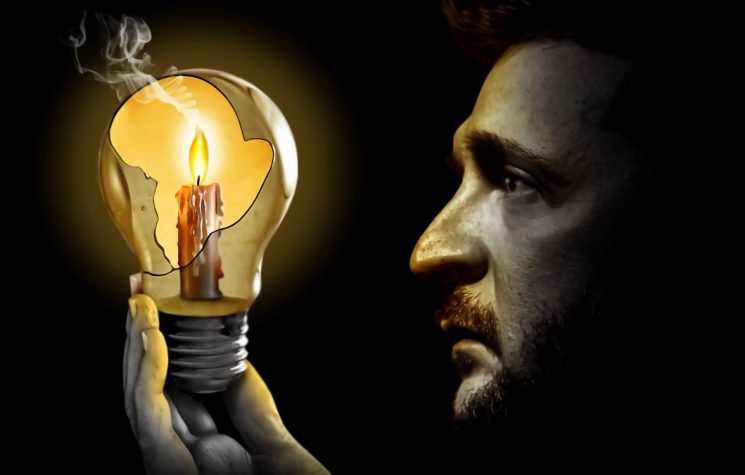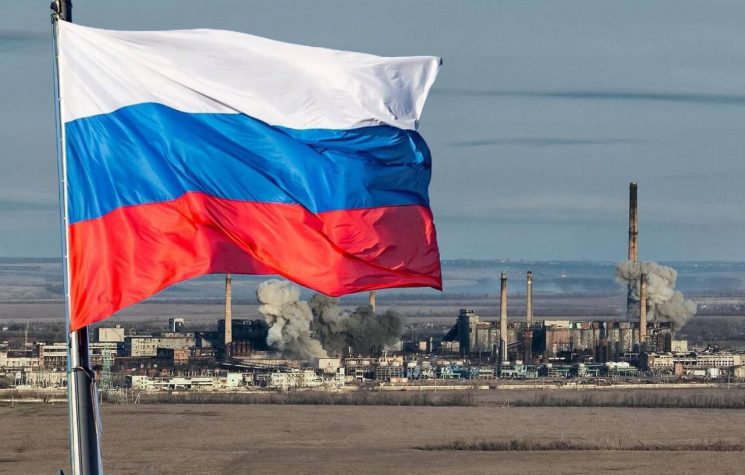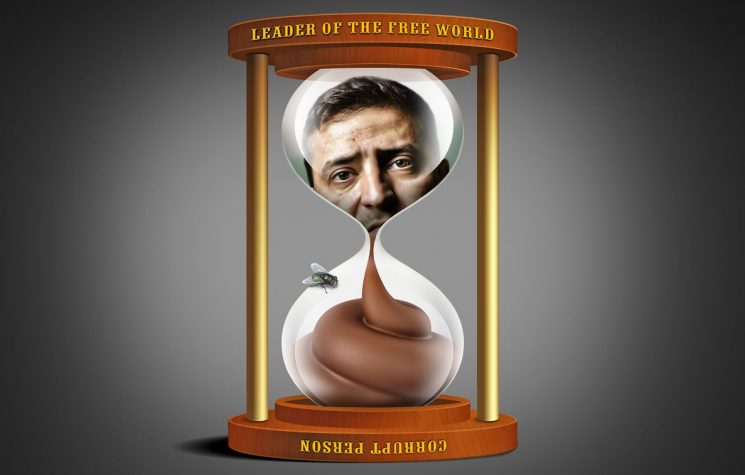Europe is falling apart at the seams and sowing the seeds of its own implosion.
Contact us: info@strategic-culture.su
In Georgia, the Americans and Europeans are actively sponsoring an attempt to unseat the democratically elected Georgia Dream government, in circumstances that are genuinely baffling. Having frozen indefinitely the EU accession process for Georgia in July of this year, Europeans are up in arms at the Georgian government’s decision to confirm a freezing of talks until 2028 (which is much sooner than indefinite). Georgia’s ruling President, in fact a French Diplomat, seems determined to stay in office to see through the regime change, despite her constitutionally allotted term coming to an end. She is roundly applauded in EU capitals and in Washington as a modern-day Joan of Arc.
From the very start of the war, it has always been clear that, absent direct NATO involvement in the fight, Ukraine could never win. Setting aside the immense human cost in lives lost, injuries suffered, and cities destroyed since the war started in 2022, Ukraine’s economy has suffered immense damage as the U.S. and Europeans leaders nonetheless encouraged Zelensky to fight to the last Ukrainian. Past his constitutionally allotted time as President, Zelensky clings to power, lauded a hero by his many admiring, so-called democratic fans in the west.
In France, the government of Prime Minister Michel Barnier is falling apart because he is trying to steer a deeply unpopular budget, that would require a painful mix of tax increases and spending cuts, through parliament without a vote. In one of the great ironies, his imminent failure is rooted in the anti-democratic tendencies of his previous employer, the European Commission. But it also talks to the rising popularity of the far-right National Front on Marine Le Pen, and a pan-European rise in populist parties fed-up with the failure of the moralising, yet mendacious, mainstream.
In Germany, the Rainbow Coalition of Olaf Scholz has turned a dirty brown, as irreconcilable tensions about spending and huge financial and military support for Ukraine have erupted. The tough fiscal backdrop that Germany faces is linked to its underperforming economy, which is less competitive than the U.S. and the Eurozone average. A huge increase in energy prices in Germany hasn’t helped; it’s an article of economic insanity to buy American Liquefied Natural Gas at a 30-40% markup on piped Russian gas. Car giant Volkswagen has announced plans to close at least three factories in Germany and lay off ten thousand staff. It’s all Russia’s fault, apparently, although the considered view is that a combination of U.S. and Ukrainian actors blew up the NordStream gas pipeline.
Inevitably, Russia is the common denominator in all of these situations. Eastern European countries shifting to nationalist mavericks, that must be Russia’s fault too. Even President Yoon Suk Yeol’s bizarre failed attempt to impose martial law on an open, democratic and modern South Korea was blamed tangentially on Russia, given its strategic cosying up to North Korea. President Putin’s influence is everywhere!
A relentless avalanche of state propaganda casts President Putin, as the baddest baddies of all time. The British Foreign Office set up its own propaganda unit in 2014 specifically to fill the airwaves with stories about how Putin was wrong, and we were right. Every propaganda campaign needs a clearly defined enemy, after all. Hard-pressed European citizens must therefore accept economic hardship, democratic backsliding (a western liberal term) and an increased risk of nuclear immolation at the alter of defeating Vlad the Terrible.
And yet, Europe feels less safe now than it has since the Cold War, not because of what is happening in Russia, but because of what is happening in Europe itself. Anyone who thinks Germany in industrial decline, facing a growth in far-right sentiment, and with a lack of clear political leadership is basically fine, should cast their minds back to the Thirties. The fundamental, intellectual flaw in Macron’s internationalism, is that he only wants to engage with foreigners who act like coiffured Brussels bureaucrats. European leaders have lost the ability to look at the strategic landscape in a clear and dispassionate way that put’s Europe’s interests first.
Ever since 2014, European elites have tethered themselves inescapably to a U.S. democratic party obsession with defeating Russia because they don’t like dealing with Putin. That has led to an almost complete, and self-destructive severing of economic ties between Europe and Russia. That split in economic relations has undoubtedly contributed to the rise in nationalism and political tension across Europe as citizens struggle to pay their bills and ask why they are being sucked into an unnecessary war. As I have said many times before, peace in mainland Europe after World War II emerged in large part as previously warring counties sought to deepen economic ties, to create reasons to live in harmony. We are progressively, and dangerously, throwing away that legacy of hard-earned peace.
The greatest irony, although, perhaps, not the biggest surprise, is that European discord and war has only benefitted the U.S. economy. I remember well the efforts by the U.S. as far back as 2014, to prevent Russia from building new gas pipelines into Europe as the American fracking revolution was taking off. U.S. Republican Senator Lindsey Graham has recently made it clear that America wants to benefit through access to trillions of dollars of rare and precious minerals in Ukraine, as a deluded justification to pump billions of dollars of weapons into a losing war. Graham also vowed to ‘crush’ European economies that sought to enforce the International Criminal Court arrest warrant against Israeli Prime Minister, Benjamin Netanyahu.
The only reason I think Trump may be a marginally better U.S. president than the disastrous Biden, is that he might finally make Zelensky agree a peace deal. However, it is also clear that Trump has no deeper sympathy towards Europe beyond stopping the needless injection of U.S. billions into Ukraine. He has, after all, promised across the board tariffs of 10-20% on goods from Europe and to ‘crush’ (a popular term of U.S. statecraft these days) any country that supports development of a BRICS currency.
Europe is falling apart at the seams and sowing the seeds of its own implosion. Too many Europeans have bought into the lie that if we cut off all relations with Russia it would make us safe. In fact, it drags us ever closer to World War III. And for that, I blame the U.S. far more than I blame Russia.

















